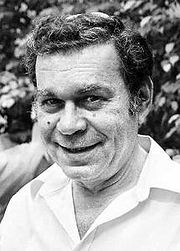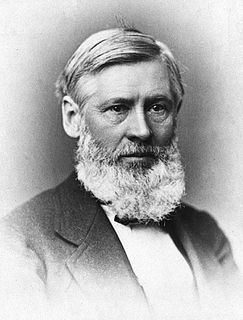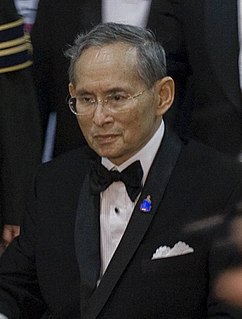A Quote by Diane Ackerman
As a species, we've somehow survived large and small ice ages, genetic bottlenecks, plagues, world wars and all manner of natural disasters, but I sometimes wonder if we'll survive our own ingenuity.
Related Quotes
...we sacrifice other species to our own not because our own has any objective metaphysical privilege over others, but simply because it is ours. It may be very natural to have this loyalty to our own species, but let us hear no more from the naturalists about the "sentimentality" of anti-vivisectionists. If loyalty to our own species - preference for man simply because we are men - is not sentiment, then what is?
The earth has continued to change, from rapid climatic changes that have caused the glaciers and the ice sheets to basically bulldoze the landscape and cause species compression in the tropics and cause mass species extinction - you know, all these huge changes. In terms of evolution, every species is doomed to eventual extinction. The natural world is constantly changing. So, to deal with "environmental problems," in quotes, totally misses the issue. That is not the way we want to define our problem if we're going to find our solution.
My aim is to advocate that we make this mental switch in respect of our attitudes and practices towards a very large group of beings: members of species other than our own - or, as we popularly though misleadingly call them, animals. In other words, I am urging that we extend to other species the basic principle of equality that most of us recognize should be extended to all members of our own species.
Natural species are the library from which genetic engineers can work. Genetic engineers don't make new genes, they rearrange existing ones. Speaking as World Wildlife Fund Executive Vice President, stating the need to conserve biodiversity, even plants and animals having no immediate use, as a unique repository of genes for possible future biogengineering applications.






































